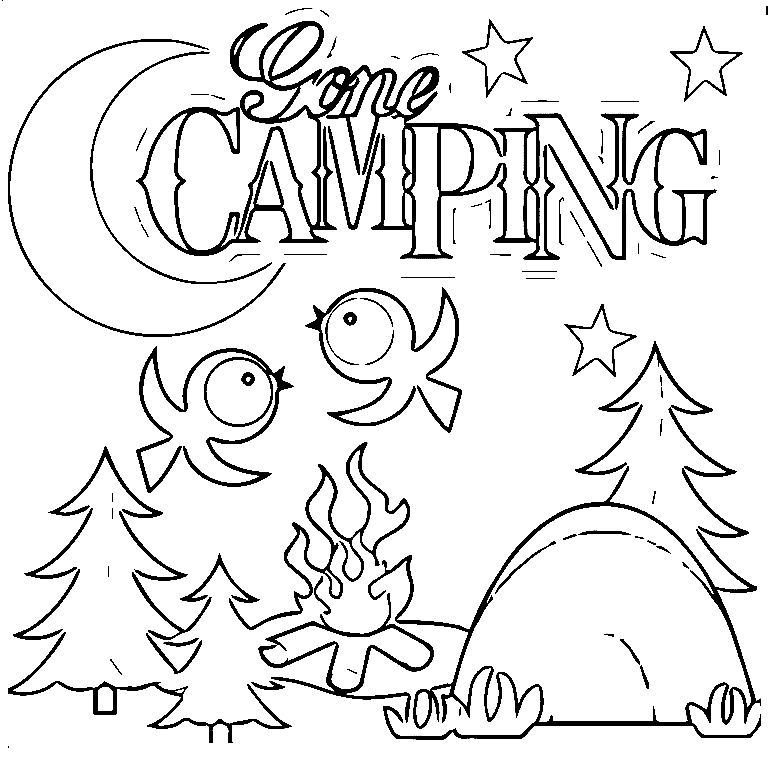
Activities included mass campaigns against Polish tobacco and alcohol monopolies and against the denationalization of Ukrainian youth. To stop expropriations, Bandera turned OUN against the Polish officials who were directly responsible for anti-Ukrainian policies. He expanded the OUN's network in the Kresy, directing it against both Poland and the Soviet Union. Written in Ukrainian.īandera joined OUN in 1929, quickly climbed through the ranks and became head of the OUN national executive in Galicia in June 1933. ĭecree for Wołyń Voivodeship on language establishing Polish as the official language in accordance with the 1921 Treaty of Riga ending the Polish–Soviet War in which the frontiers between Poland and the Soviet Russia had been defined. īandera remains a highly controversial figure in Ukraine, with some Ukrainians hailing him as a role model hero, liberator who fought against the Soviet Union, Poland and Nazi Germany trying to establish an independent Ukraine, while other Ukrainians condemn him as a fascist and a war criminal who was, together with his followers, largely responsible for the massacres of Polish civilians and partially for the Holocaust. A proposal to confer the award on Bandera was rejected by the Ukrainian parliament in August 2019. In January 2011, the award was officially annulled. This announcement was confirmed by a court decision in April 2010. President Viktor Yanukovych declared the award illegal, since Bandera was never a citizen of Ukraine, a stipulation necessary for getting the award. The European Parliament condemned the award, as did Russia, Poland and Jewish politicians and organizations. On 22 January 2010, the President of Ukraine Viktor Yushchenko awarded Bandera the posthumous title of Hero of Ukraine.

Fourteen years after the end of the war, Bandera was assassinated in 1959 by KGB agents in Munich, West Germany. After the war, Bandera with his family settled in West Germany where he remained the leader of the OUN-B and worked with several anti-communist organizations such as the Anti-Bolshevik Bloc of Nations as well as with the US and British intelligence agencies. He set up the headquarters of the re-established Ukrainian Supreme Liberation Council, which worked underground. In 1944, with Germany rapidly losing ground in the war in the face of the advancing Allied armies, Bandera was released in the hope that he would be instrumental in deterring the advancing Soviet forces. After January 1942 Bandera was transferred to Sachsenhausen concentration camp but kept in special, comparatively comfortable detention. However, the German authorities saw it as an attempted coup, and for his refusal to rescind the decree, Bandera was arrested by the Gestapo and on 5 July 1941 held under house arrest. When Nazi Germany invaded the Soviet Union on 22 June 1941, he prepared the 30 June 1941 Proclamation of Ukrainian statehood in Lviv, pledging to work with Nazi Germany. īandera collaborated with Nazi Germany at times. In September 1939, as a result of the invasion of Poland, he was freed from Bereza Kartuska Prison, and moved to Kraków, in the German-occupied zone, where he maintained close connections with Abwehr and Wehrmacht. For orchestrating the 1934 assassination of Poland's Minister of the Interior Bronisław Pieracki, Bandera was sentenced to death but the sentence was commuted to life imprisonment. He enrolled at the Lviv Polytechnic, where he organized Ukrainian nationalist organizations.

In this period, Bandera became radicalized. After the Empire disintegrated in the wake of World War I, Galicia briefly became a West Ukrainian People's Republic following the Polish–Ukrainian War of 1918–1919, it was again integrated into eastern Poland. īorn in the Austro-Hungarian Empire, in the economically backward Galicia (officially Kingdom of Galicia and Lodomeria, created after the first partition of Poland, now in Western Ukraine) into the family of a priest of the Ukrainian Greek Catholic Church.
Stepan Andriyovych Bandera ( Ukrainian: Степа́н Андрі́йович Банде́ра, romanized: Stepán Andríyovyč Bandéra, IPA: Polish: Stepan Andrijowycz Bandera 1 January 1909 – 15 October 1959) was a Ukrainian far-right leader, politician and theorist of the militant wing (OUN-B), who served as head of the Organization of Ukrainian Nationalists, an organization dedicated to the independence of Ukraine but also responsible for ethnic cleansing and implicated in collaboration with Nazi Germany.


 0 kommentar(er)
0 kommentar(er)
